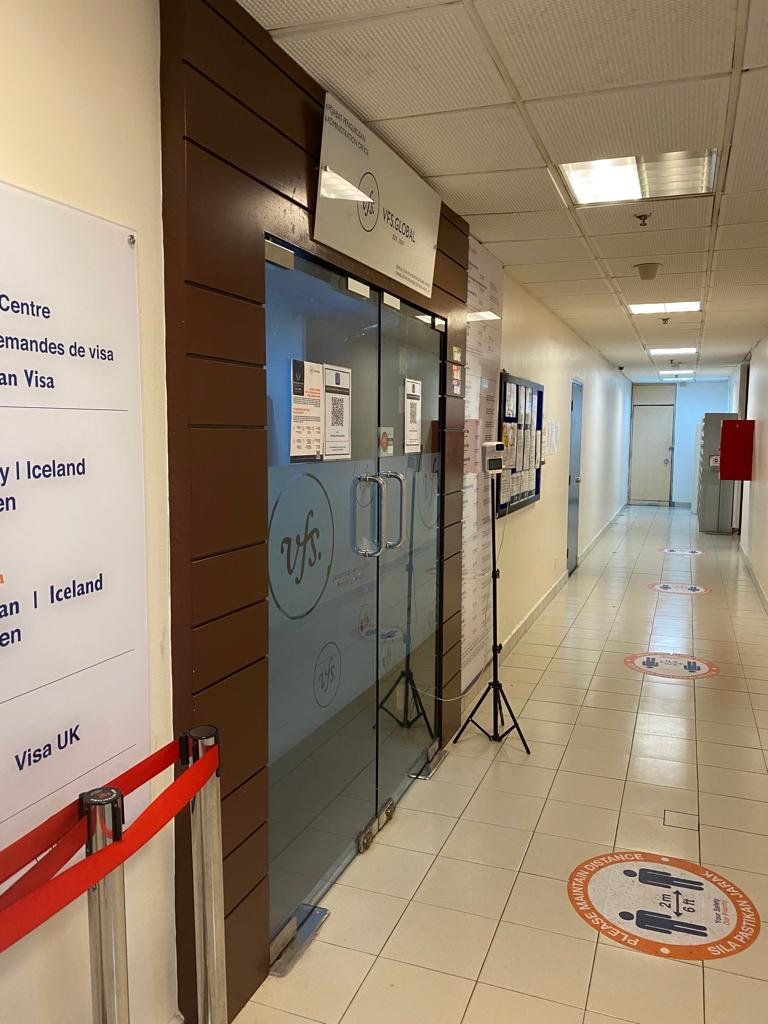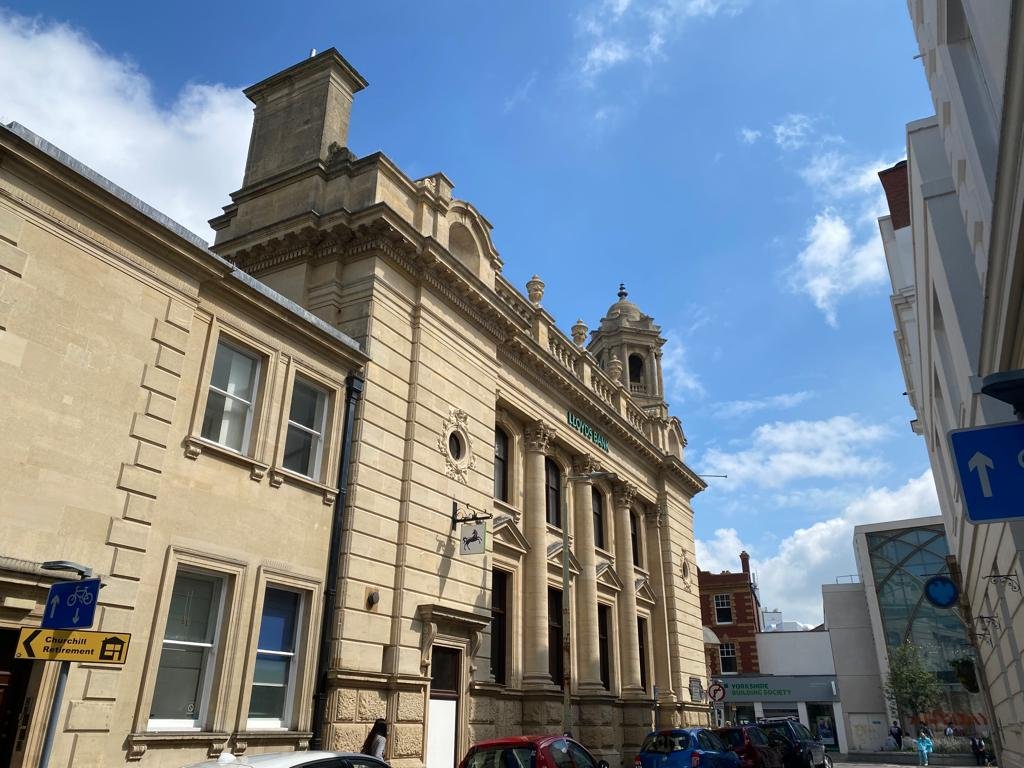Pre-Departure Anxiety
Hi everyone! We are back with the second article for our freshers week series. When I was preparing to go to university, I was particularly anxious because I knew little to nothing about the environment and what I had to prepare, but was also overwhelmed by the amount of new words and terms that I had to get used to.
Hopefully, this article can make you feel just a bit less anxious in your preparation for university!
Aside from some UK slang, there will be some weird terms that you will hear when talking about Warwick. Here are the most common:
Freshers
Arguably we should have explained this term before starting this series - but freshers are our incoming first year undergraduates. You will be labelled as a fresher for your entire first year, so get used to being called that by your seniors!
Welcome Week
Welcome Week is a series of events hosted specifically for freshers, which is why it is also sometimes termed as Freshers Week. Most universities will have something similar, with the goal of introducing freshers to the available clubs and societies offered on campus, but also giving them some time to adjust to campus life. We will have an article in the future to help you navigate through Welcome Week, so keep your eyes peeled for that!
Circling
Circling is Warwick University’s signature drinking game. Part of the fun of circling is that Freshers have no idea how to play it when they first come, and they have to figure out the rules themselves. That’s all I will say for this :)
ADMISSIONS
In your admissions email, there will be a few weird terms and documents. Keep a look out for the following:
University Acceptance Letter
Your university acceptance letter is the email you get from Warwick congratulating you for getting an offer for the university. If you were given a conditional offer, your university acceptance letter will state the grades required for you to meet to enter the university.
Confirmation of Acceptance for Studies (CAS)
This is specifically important for only one aspect of your pre-university departure experience and it is for your visa application. Traditionally, Warwick will send you an email about the details of your CAS. CAS is not a document, but rather a specific serial number that you have to copy and paste into your visa application. Note that this is different from a university acceptance letter.
If you happen to obtain a scholarship, you might also need to provide your CAS number to your scholarship provider.
Warwick Student Enrolment
At one point, Warwick will require you to create an ITS account. This is effectively your Warwick University account. From that, you will be able to log on to the student enrolment portal to submit the required documents to the university (e.g. proof of your visa) and pay your school and accommodation fees.
ATAS Certificate
The Academic Technology Approval Scheme (ATAS) Certificate is only required for certain specific degrees or research. Your university offer letter and your CAS would mention if your course requires an ATAS. If it does not say so, then you do not need it, and should not apply for it.
IELTS and TOEFL
You will only be required to take IELTS or TOEFL if you do not have an international certification for English with the required grade. This means that if you took IGCSE English, A-Levels English or IB English, and got the grade requirement, you would not need to take IELTS. If you do not have an equivalent requirement to the IELTS grade, you should register for an IELTS exam.
VISA
VFS
For the majority of us who need to apply for a visa, the visa provider you have to look for is VFS Global. Check out their website to find out the details of how you can book an appointment to get your visa. It is recommended you do this as soon as you obtain your CAS number. The type of visa you would be applying for is a Tier 4 Student Visa. You can find more information about this from the UK government’s website.
Immigration Health Surcharge (IHS)
The IHS is effectively a mandatory health insurance that you have to pay to utilise the National Health Services (NHS) in the UK. After this payment, all your visits to the NHS will be free. This is a mandatory payment when applying for the visa.
Biometric Residential Permit (BRP)
A BRP is the equivalent of an identity card (IC) when you are in the UK. It will be the way you prove that you are legally allowed in the country, or a method to prove that you are the age you claim to be. A successful application for a visa automatically results in you obtaining a BRP, and you will have to collect it when you are in university.
The key difference between a BRP and your visa will expire in a few weeks after a successful application, but your BRP will last till your university ends. This means if you travel overseas and wish to return to the UK, you must use your BRP to show that you can enter the country.
BANKS
How you want to control your finances in the future is up to you. But at any point, you will need to figure out a hassle free way to get and use pounds in the UK. There are three categories of banks you should be aware of:
Global Accounts / Foreign Currency Accounts
The purpose of a foreign currency account is for you to be able to temporarily have a card that has pounds in it when you enter the UK. Most banks will have an account similar to this. It is not necessary for you to have such an account, but it can be an alternative to using your country’s local credit/debit card in the UK.
Traditional Physical Banks
Whatever you imagine from a normal bank, it is here. The main banks you will be looking out for in Warwick are Barclays, Lloyds, and HSBC. These are the three banks I would recommend either due to proximity or quality. There will also be other options such as Halifax, NatWest and Santander. These are names that you will hear when you are looking to create a bank account in the UK.
You can only start this process when you are physically in the UK, but it is good to have a rough idea on which bank you want to look out for when you get there. It is known that it could take as fast as two weeks to six months to get your bank account created due to long queues. Hence, a temporary solution is to get a digital bank as explained below.
Digital Banks
This is where it gets slightly complicated. Digital banks are more popular in the UK. You can withdraw your money anywhere worldwide, with no additional fee, and at the best exchange rate. The most common digital banks are Monzo and Revolut. Some people have survived their entire degree purely with a digital bank, without using a ‘traditional physical bank’.
Wise
Wise is a money transfer provider that allows your family to transfer you pounds from your local currency. The reason why this is preferred is due to the lower transaction fees, which will save you quite a bit in the long run. You will need a UK bank account before you can start using Wise to transfer money.
A few key difference between Wise and transferring through your usual bank is:
The rate between your local currency and GBP will be better on Wise
Depending on your country, you might have a transaction limit for Wise (e.g. Malaysia’s FPX limit is RM30,000)
SIM CARDS
You will need a SIM Card when you enter the UK. It is likely that UCAS and/or VFS will provide you with a free temporary one month SIM before departing to the UK. That is a good temporary solution, or it can be your permanent solution in the end.
There are a few main companies to look out for when comparing SIM Cards: EE, Vodafone, GiffGaff, O2, Three.
Majority of these providers are reliable in the UK, and can even be used in the EU regions. You might want to consider the data plans offered by each company to see which is most cost-efficient for you, or even multi-year contract plans that allow you to get a phone while you are at it. Another possible factor is that not all telecommunication lines will have 5G coverage in Warwick, so you might want to look out for that.
STUDENT DISCOUNTS
Unidays
Unidays is an app that allows you to access a range of student discounts. It is a great way to save money and get the best available deals in the market.
Railcard 16-25
Since Warwick is secluded from nearby cities, you would find yourself taking the train quite often. Hence, it is recommended to subscribe to a 3 year plan, which costs £70, and all your future train rides will be ⅓ off.
Hopefully, you have learnt some new words and terms from this article. If you are nervous and have any further questions about your university experience, join our offer holders chat and/or contact us on our Instagram!
You can also look to join some of your country’s own offer holders chat through the links below:
Indonesia: https://bit.ly/wag2022family
Thailand: https://line.me/ti/g/iSzAxmPjG2



